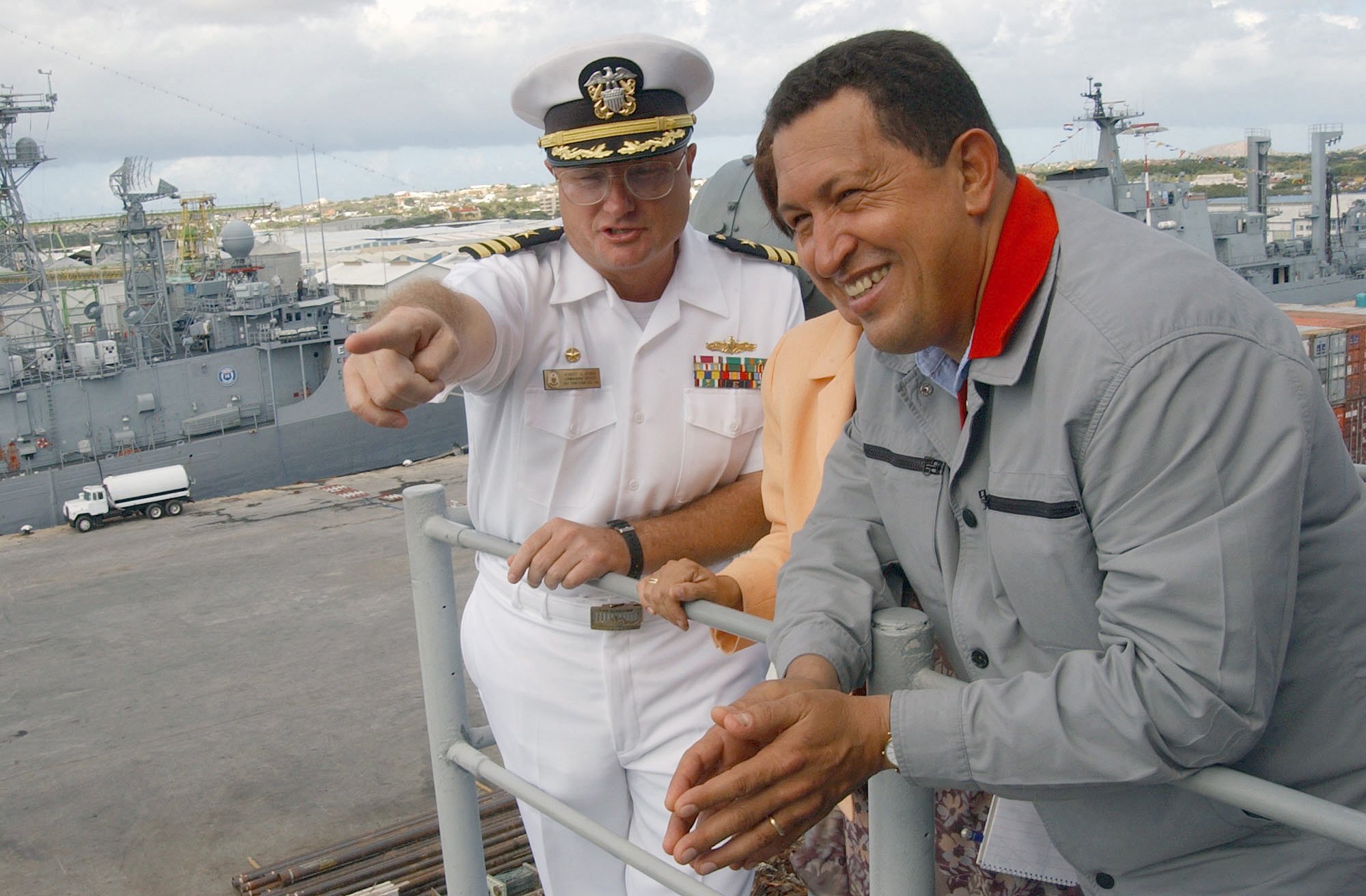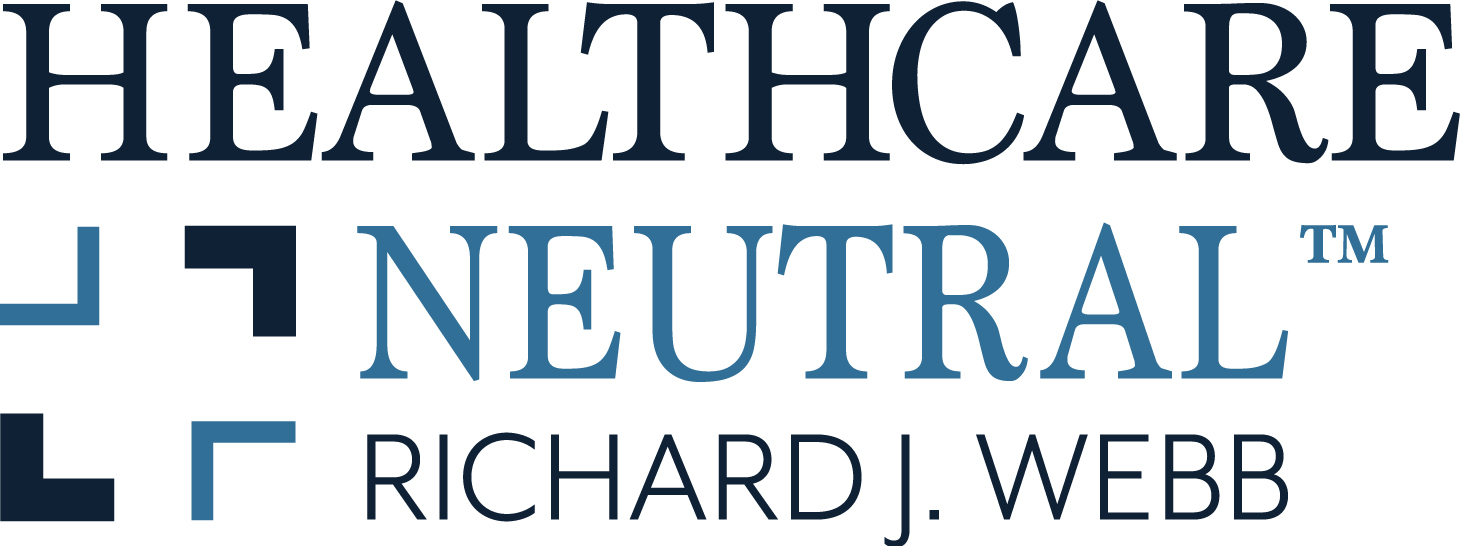
Reinhardt Commission Report Will Require Unprecedented Hospital – Physician Collaboration
February 4, 2008
[Image: US Navy Commander Robert S. Kerno, Commanding Officer, USS Yorktown, points out some sights to the President of Venezuela, Hugo Chavez, on a tour of the ship during the 43rd annual UNITAS exercise, March 2, 2002.]
I wrote here last week that the recently released Report of the New Jersey Commission On Rationalizing Health Care Resources (the “Reinhardt Commission”) contained a cogent analysis of the unique relationship between hospitals and physicians. The Report makes a series of recommendations for the improvement of hospital finances, operating efficiency and patient care that are worthy of pursuit. However, underlying several of those key recommendations is the need for collaboration between hospitals and the members of their medical staffs – collaboration of a kind rarely seen before now.
In posts to follow, I will focus on what I see as three key areas in which any hospital and its medical staff can translate the Commission\’s recommendations into concrete results: 1- establishing joint hospital-physician accountability for adherence to evidence based practice guidelines; 2- developing a mutually acceptable and enforceable program of Emergency Department coverage; and 3- creating a feasible plan to improve the efficient use of hospital resources through changes in scheduling, deployment of professional resources, staffing of intensive care services and management of the continuum of care.
Before any of these tasks can be addressed successfully, hospitals must decide that these are goals worthy of a significant effort. Such an effort will likely require formation of a special Board level committee, with management staff, to be charged with development of a plan and the task of integrating the input of the medical staff. That process of integration will vary from hospital to hospital based on the existing relationship and history, but will require careful attention in every case.
Although in most instances the hospital\’s pursuit of these goals will not immediately place it in a “conflict” or “dispute” with its medical staff, the potential for that result is high. Moreover, the nature of the issues that must be placed on the agenda can create perceptions and reactions that, once formed, are difficult to undo. The involvement of a neutral, third party in the design and facilitation of the collaboration process can often obviate or ameliorate these problems. Agreement between a hospital and its medical staff on the selection of such a neutral may well be the best first step of their journey.
